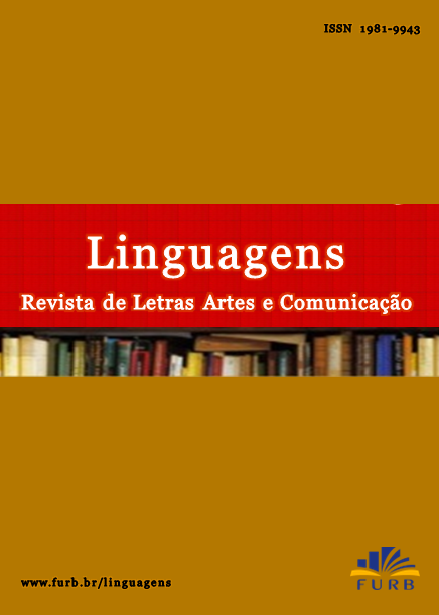CONCEPTS ON THE AESTHETIC EDUCATION: CONTRIBUIONS OF SCHILLER AND PIAGET
DOI:
https://doi.org/10.7867/1981-9943.2007v1n2p158-169Keywords:
Schiller. Piaget. Arte. Educação.Abstract
This article has as purpose to discuss concepts about aesthetic and artistic education based on Friedrich Schiller a German philosopher, who contributed for a theoretical support which objective is the human life fullness, characterized by the relation of the sensitivity with the rationality. The author believes that this analogy makes it possible to turn viable the being, a necessary humanity to promote social changes, when providing an aesthetic education which overcomes the primordial nature need and its extends by means of a culture which reveals the Beauty. Schiller points out art as one of the premises to experience, the human perception and the creative capacity towards the “Iâ€, of the other and of the environment conscience. The article also reveals a proposal of pedagogical practice in art-tridimensional nature education supported by Schiller principles and the support by Piaget worked out stages of intelligence. Key words: Schiller. Piaget. Art. Education.Downloads
Downloads
How to Cite
Issue
Section
License
Os direitos autorais para artigos publicados nesta revista são do autor, com direitos de primeira publicação reservados para esta Revista. Em virtude de aparecerem nesta revista de acesso público, os artigos são de uso gratuito, com atribuições próprias, em aplicações educacionais e não-comerciais. A revista se reserva o direito de efetuar, nos originais, alterações de ordem normativa, ortográfica e gramatical, visando manter o padrão culto da língua, respeitando, porém, o estilo dos autores.

